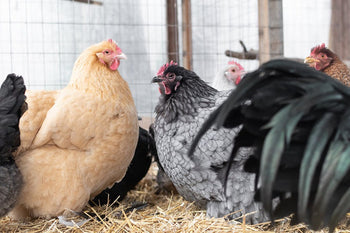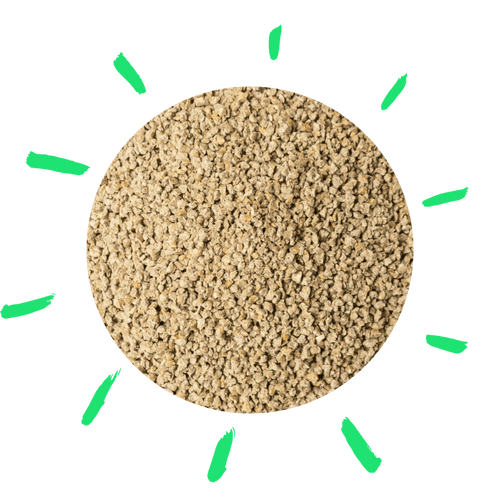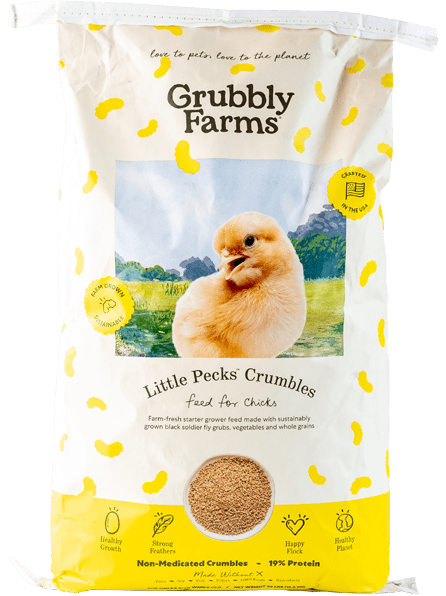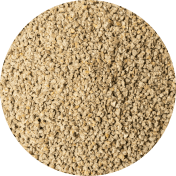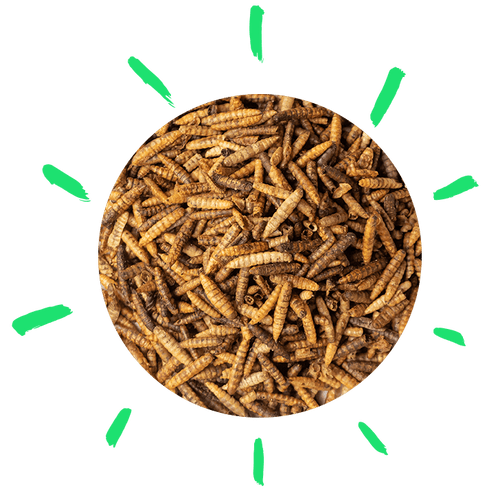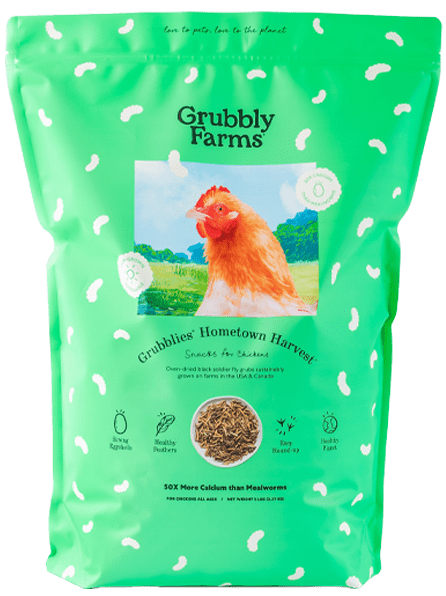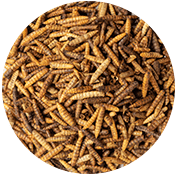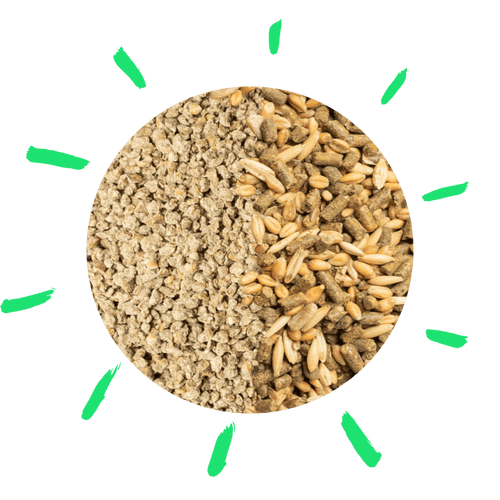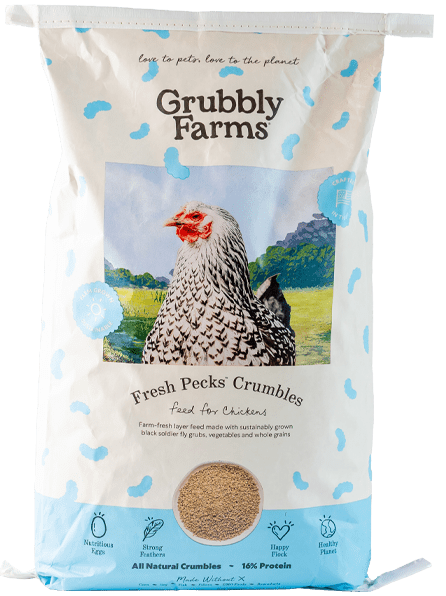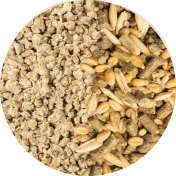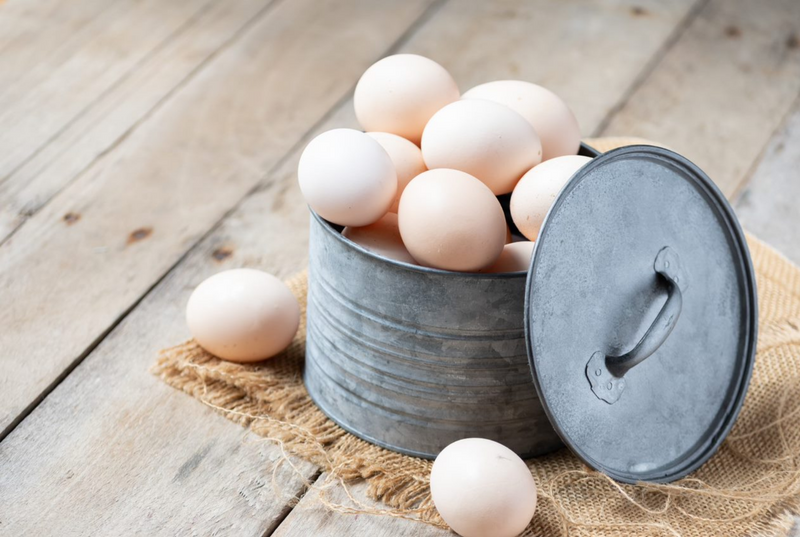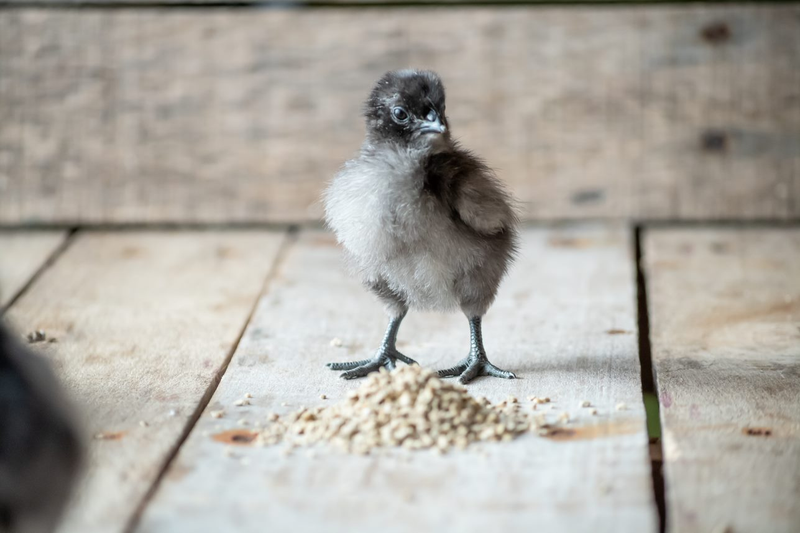Chickens provide us with lots of fresh eggs and endless hours of entertainment. But they can also be a conversation starter! The more you learn about your backyard flock, the more fascinated you will become with your feathered friends. Whether you want practical information or funny facts, some of these fun facts about chickens are sure to blow your mind while also providing a better understanding of your backyard flock!

Do Chickens Fart? Unveiling the Truth
Yes, chickens fart, but not how you might expect. First you must understand what causes an animal to fart. It all starts during the digestion process of any food. Digestion breaks down food so that the nutrients can be absorbed and used for life sustenance. During digestion, the food is processed into small particles, including some particles of hydrogen and methane as well.
These gas particles form in the intestines and are often passed out through the rectal sphincter or the mouth. Any animal with intestines passes gas either through burping or farting. For chickens, the gas is expelled as a ‘chicken fart’, which is basically bubbly, wet cecal poops. Chickens can also burp, but that usually occurs during a yawn or a sneeze and is hard to distinguish clearly.
This natural release of gas means that the digestive system is in good working order. It is breaking down food properly so that the nutrients can be used by the chicken’s body. The extra gas created during the digestive process needs to be properly expelled to prevent bloating and allow for further digestion of the food.
A chicken’s diet can play a part in how often farting or burping occurs. A diet high in canola seeds or soybeans can increase gas and bloating. Those foods can cause chickens to have stinky, wetter droppings. Ingesting objects or foods that cause digestive upset can also cause an increase in burping and farting.
Can Chickens Taste Spice? Exploring Their Palate
Chickens have the reputation for being scavengers, eating just about anything you throw at them. However, as some backyard flock owners can attest, some chickens are rather picky eaters. Which may lead you to wonder, can chickens actually taste their food?
Chickens have very limited tasting abilities. It is estimated they have 350 taste buds compared to the 2,000 to 10,000 taste buds we have on our tongues. A chicken’s taste buds are not located on its tongue. Instead, the taste buds are located on the back of the mouth, so essentially a chicken can’t taste its food until the food is being swallowed.
Even though chickens have taste buds and can taste flavors such as bitter, salty, or sour, they cannot taste flavors that are spicy or sweet. Chickens lack the taste receptors that sense the presence of capsaicin in foods. Capsaicin is the element in spicy foods that give them their heat and spice. Essentially, a chicken can consume very hot, spicy foods without being repelled by the taste.
However, that does not mean you should give your chickens the spiciest pepper you can find! Spicy foods, herbs, and natural supplements can have an effect on a chicken’s body if they are consumed in large quantities. Spicy foods can cause stimulated circulation which can lead to overheating. They can also cause internal irritation, inflammation in the digestive system, and diarrhea.
Since chickens can’t taste spice and therefore won’t be able to moderate how much of spicy food they consume, it is best to feed your flock spicy foods or supplements in moderation.
Do Chickens Have Tongues? Tongue-Tied Chickens Revealed
Yes! Chickens have tongues located in their mouth (beak). The tongue is a triangle shaped organ that can be seen by gently opening a chicken’s beak. You may also catch a glimpse of a rooster’s tongue when he crows.
The tongue is used for making a wide range of vocalizations and manipulating foods before they are swallowed. A chicken’s tongue has tiny lateral barbs on it that help push food down the chicken’s throat. The glottis, located at the base of the tongue, closes off the windpipe when food is swallowed to prevent food from entering the respiratory system.
Checking a chicken’s tongue can help you diagnose ailments if the chicken is ill. If there are lesions on the tongue and inside the chicken’s mouth, then the chicken may be suffering from fowlpox. If the tongue is black in color, it can mean a niacin deficiency in the diet. Keep in mind that fibromelanistic chicken breeds naturally have a black-colored tongue.

Do Chickens Have Ears? The Secret to Their Auditory Perception
Yes, chickens do have ears! Chickens have ears that are located just above the earlobe on either side of their head. The earlobe is the fleshy skin near the back of a chicken’s face, usually extending from below the eye to the base of the wattles. A chicken’s ears are more like ear holes, which are covered by tiny, stiff feathers. Those feathers prevent dirt and debris from getting inside the ear.
A chicken’s ear has all the same components as our ears, including an eardrum, inner ear, middle ear, and an outer ear. Chickens have good hearing, as you may know when you shake a treat bag and the whole flock comes running!
Keep in mind that since chickens have ears, they can also get ear infections. An ear infection can occur if water or debris gets into the ear or if another ailment occurs. A chicken with an ear infection may hold its head to one side and have difficulty with coordination and balance. An ear infection can also cause lethargy and a decrease in appetite. Ear infections need to be treated with antibiotics.
Are Chickens Dinosaurs? Unearthing the Avian-Dinosaurs Connection
Chickens are birds. Dinosaurs are reptiles. In order for chickens to be dinosaurs, they would have to be classified as reptiles. So, no, chickens are not dinosaurs. However, our feathered friends do share some unique characteristics with the reptilian species! Both reptiles and chickens lay eggs, have a vertebra, scaled legs, a bony internal structure, and use lungs for breathing.
Some of the main differences that classify chickens as birds include the fact that they are warm-blooded, have feathers covering their body, and make distinct avian vocalizations.
What is a Fart Egg? Eggceptional Phenomenon
As you may have guessed, a fart egg is not a chicken fart! A fart egg is just a funny name for a small, yolkless egg sometimes laid by a hen or a pullet. The egg can be ping pong ball size or even smaller. These mini eggs are unique surprises that result when a hen has a small glitch in her reproductive system.
Fart eggs occur when the oviduct starts to form an egg without an ova (egg yolk) being released from the hen’s ovaries. Since no yolk was released, only the egg albumen (egg whites) get enclosed in an eggshell. This results in a small egg that is yolkless!
Fart eggs can also go by the names of fairy eggs, rooster eggs, cock eggs, witch eggs, or wind eggs. These small eggs do not indicate any health issues. They are most commonly laid by young pullets who are just getting into egg production or by older hens whose reproductive systems are slowing down. Fart eggs are safe to eat, although they may not be very filling!
Odd eggs that can indicate health issues include soft-shelled eggs, eggs without a shell, eggs with calcium deposits, and lash eggs.
Conclusion:
Chickens are funny, unique, and special, each in their own way. Learning fun facts about these amazing birds can increase our appreciation and fascination for our backyard flocks! Whether you just learned that chickens have ears or are curious about the tiny fart egg you collected from the coop, hopefully these fun facts inspired you to learn even more about the delightful birds you raise in your backyard!





